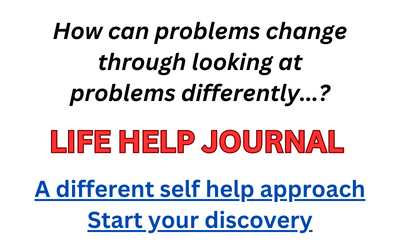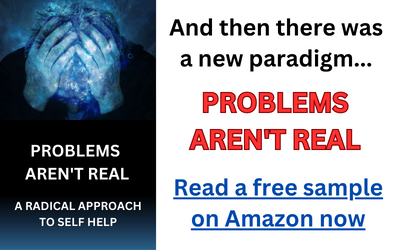I am convinced that any challenge to the so-called materialist world view — which essentially states that only those things that can be experienced through one of the five senses is real — will be criticized, frequently on the grounds of defying science. These critical advocates for science, I have found, are often adamant about two things: only phenomena that has been scientifically validated should be accepted as authentic; and anything that refutes this first viewpoint should be attacked.
The scientific critics may carry out their attacks in a self-righteous manner, as though they are performing a public service and protecting the rest of us from bad — because science represents true morality. We need to know the “truth” after all.
What these critics don’t seem to understand is that discounting something because it hasn’t been fully validated through scientific means — at least not yet — is a form of censorship that can serve to prevent further scientific study, which might ultimately provide validation (and might not). Additionally, how different is this behavior from those ancient practices of proclaiming beliefs that were at odds with the church and / or power structures to be heresy?
Each tactic, at its core, wishes to shut down opposition.
Which brings us to The Intention Experiment: Using Your Thoughts to Change Your Life and the World, and other similar works. The Intention Experiment, by Lynne McTaggart, is a consideration of deliberate intention, or the capability to alter the external world through mental focus alone. The Intention Experiment examines a number of scientific experiments that strongly suggest deliberate intention is a genuine phenomenon, and even more, that existence is a singular entity acted upon continuously by mental focus.
The Intention Experiment gets some of the same treatment as other works that support a non-materialist perspective: it is slammed as being some form of absurd, as well as something that needs to be completely discredited. The problem is that it cannot be completely discredited. While it may be so that non-materialism can’t be fully validated by science, at least as of this writing, it is also so that science cannot wholly disprove non-materialism, in spite of the strong desires of some for science to do just that.
The Intention Experiment: Using Your Thoughts to Change Your Life and the World makes it harder still for science to discredit non-materialism because it documents much scientific work that not only doesn’t discredit, but in fact supports the validity of non-materialist phenomena. Some of the scientific work considered within The Intention Experiment is genuinely astounding and begs for a new paradigm about how things do, or don’t, “work”.
Criticism that The Intention Experiment doesn’t document authentic science is, in my opinion at least, coming from ego more than anything else. McTaggart references a variety of experiments from a variety of sources, including one experiment that was designed to discredit but ended up doing the opposite. McTaggart is also thorough in her analysis of experiments included in The Intention Experiment, and is conscientious of scientific protocol.
I came into The Intention Experiment: Using Your Thoughts to Change Your Life and the World believing in the validity of deliberate intention, and by the end of the work my faith was confirmed. It’s not likely that everyone will experience this same effect but The Intention Experiment will certainly provide food for thought, at least for those who come to the work free from the conviction that science alone is the ultimate judge of what deserves serious consideration.
Find The Intention Experiment: Using Your Thoughts to Change Your Life and the World Here.

